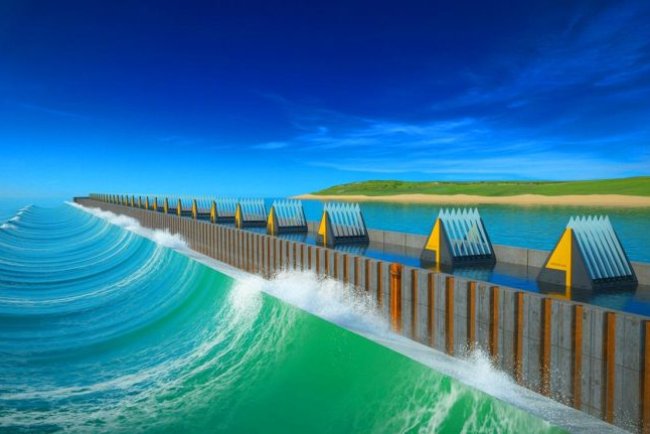India Rejects Illegal Indus Waters Arbitration Ruling
India rejected a 2025 Court of Arbitration ruling on the Indus Waters Treaty as illegal, citing Pakistan’s terrorism links and treaty violations.India rejects 2025 Indus Waters Treaty arbitration ruling as illegal, suspending treaty over Pakistan’s terrorism links, impacting hydro projects.

India rejected a supplemental ruling by the Hague-based Court of Arbitration on June 27, 2025, regarding the Indus Waters Treaty (IWT), calling it illegal and void. The ruling addressed India’s Kishenganga and Ratle hydropower projects in Jammu and Kashmir, escalating tensions with Pakistan amid India’s treaty suspension following a terror attack.
The Indus Waters Treaty, signed in 1960 with World Bank mediation, allocates the Indus, Jhelum, and Chenab rivers to Pakistan and the Ravi, Beas, and Sutlej to India. Disputes over India’s 330 MW Kishenganga and 850 MW Ratle projects, initiated in 2015, led Pakistan to seek arbitration in 2016 after withdrawing a neutral expert request. The Court of Arbitration’s 2025 ruling claimed jurisdiction despite India’s April 2025 treaty suspension, prompted by the Pahalgam terror attack killing 26 civilians, linked to Pakistan. India’s Ministry of External Affairs (MEA) labeled the court’s formation a violation of the IWT, rendering its rulings void.
India’s suspension, invoking sovereign rights, halts treaty obligations until Pakistan dismantles terror infrastructure. The MEA described the arbitration as a Pakistani attempt to evade accountability for terrorism, with 70% of recent cross-border attacks traced to Pakistan, per Indian intelligence. The Kishenganga project, operational since 2018, generates 1,500 GWh annually, while Ratle, under construction, targets 3,000 GWh, supporting Jammu and Kashmir’s 2 GW renewable capacity.
The arbitration’s parallel process with a neutral expert, initiated by the World Bank in 2022, violates the IWT’s single-track mechanism, per India’s stance. India participates in neutral expert talks but rejects arbitration, costing $10 million annually in legal fees. Pakistan’s claim that India’s suspension is unlawful, citing potential water diversion as an act of war, heightens tensions.
India’s 159.5 GW renewable capacity, with 108 GW solar and 10 GW hydro, relies on such projects for energy security. The IWT allows India non-consumptive use, but Pakistan’s objections delay 20% of India’s hydro projects, costing $500 million annually. The 2025 Budget’s $2 billion for renewables supports hydro expansion, but regulatory disputes and 15% land acquisition delays hinder progress. Posts on X reflect public support for India’s stance, citing sovereignty and security concerns, though some warn of diplomatic fallout.
Environmental concerns include 5% ecosystem disruption from dams, requiring $50 million in mitigation. India’s Green India Mission, enhancing forest cover, offsets 2.5 billion tonnes of CO2, complementing hydro’s low-carbon profile. Global benchmarks, like Brazil’s 100 GW hydro capacity, show integrated water-energy planning, but India’s 80% import reliance for hydro equipment raises costs by 10%.
Conclusion
India’s rejection of the IWT arbitration ruling underscores its sovereignty and security priorities. Resolving disputes through neutral experts and addressing terrorism are critical to resuming treaty cooperation and advancing India’s renewable energy goals.
Source: Outlook Business
What's Your Reaction?

















